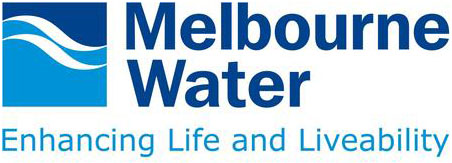resource library
ArrayManaging stormwater pollution from industrial areas – a case study review
24/04/2017
Introduction
Stormwater point source pollution from industrial areas and commercial precincts commonly includes solvents, heavy metals, fuels, oil and grease, faecal matter and other pollutants.
Careful site management by businesses in industrial areas is therefore critical to avoid damage to receiving waterways, but initiating and regulating change in site management practices can be challenging.
Guidance on the elements of a successful industrial stormwater management program has been drawn from a series of case studies undertaken by several Councils in partnership with Melbourne Water’s Living Rivers Program.
Case studies
Four Melbourne Councils recently undertook an industrial stormwater management project:
- Hume City Council: Cleaner Creeks, Everyone’s Business
- City of Greater Dandenong: Source pollution monitoring in Industrial Areas
- City of Whittelsea: Thomastown Industrial Estate Pollution Monitoring and Education Project
- Mornington Peninsula Shire Council: Innovative Water Quality Assessment
Key elements of these projects are summarised in Table 1.
Review
In addition to funding and supporting Councils in their individual projects, the Living Rivers Program worked with the four Councils to undertake a review of the projects through:
- interviews with key staff at each respective Council, to map out approaches to date, current status and future plans; and
- a facilitated knwoledge sharing workshop where each council presented their projects to the other councils, to explore complimentary use of approaches and brainstorm solutions and future work.
The review identified a number of critical elements to successful stormwater management programs in industrial areas (Table 2), which can assist with:
- improving future industrial stormwater management programs;
- inform future criteria for Living Rivers funding decisions; and
- highlight any approaches that may have opportunity to inform/ influence current policy in regards to industrial stormwater management.
In collaboration with Clearwater, Living Rivers worked on promoting the outcomes and learnings within the wider industry through:
- the publication of detailed case study information (this information will be updated as projects progress); and
- the delivery of a knowledge sharing event, encouraging the industry to build a community of practice.
